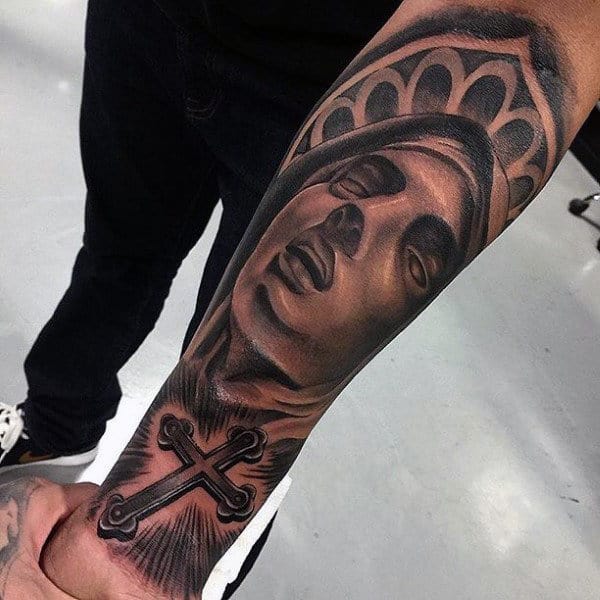
Increased Risk of Infection
Receiving a tattoo during pregnancy can increase the risk of infection, including blood-borne illnesses like Hepatitis and HIV. These infections can be dangerous for both the mother and the baby. It is essential to evaluate the risks before getting a tattoo while pregnant. If you proceed, ensure the artist wears gloves and uses disposable, sterile needles.
Potential Hazardous Substances in Tattoo Ink
Tattoo ink may contain heavy metals such as mercury, lead, arsenic, and cadmium. These substances can be hazardous to the development of the baby. It is advised to avoid black henna tattoos, as they may contain para-phenylenediamine, which can aggravate skin allergies.
Changes in Skin Pigmentation
Pregnancy can cause changes in skin pigmentation, which may distort the appearance and color of tattoos. This can affect the design and make the colors appear different. Additionally, stretch marks that become visible through Tattoos can make them less appealing.
Potential Spread of Infections
Infections resulting from tattooing can be particularly hazardous to pregnant women. If a woman becomes infected during pregnancy, the disease could spread to the unborn baby, posing health risks such as Hepatitis B and C and HIV infection.
Changes in Body Image
Pregnancy can lead to changes in body weight and skin texture, which may alter the appearance of tattoos. Depending on their placement, Tattoos may change or become distorted as the body changes gestation. It is essential to consider how these changes may affect the desired outcome of the tattoo. Certain tattoo dyes containing heavy metals should be avoided during pregnancy.
Compromised Immune System and Infection Risk
Pregnant women have a weaker immune system, making them more susceptible to infections. Getting a tattoo while pregnant can increase the risk of diseases, posing dangers during gestation. Mild conditions can also potentially interfere with the pregnancy process.
Potential Transfer of Infections to the Child
If a tattoo artist contracts infections such as Hepatitis B, C, or HIV, these infections can be passed to the baby through breastfeeding. Tattoo artists need to use gloves and clean needles to prevent infection transmission.
Alterations in Skin Tone and Texture
Pregnancy hormones can cause skin tone and texture changes, which may affect tattoos’ appearance. The skin may appear smoother or create darker outlines of tattoos, especially with colored designs.
Avoiding Risks and Negative Reactions
Most dermatology and obstetric experts advise against getting a tattoo while pregnant due to the risks of infection and potential adverse reactions from the ink that could harm the unborn baby. Henna Tattoos may be safe for some women, but black henna should be avoided. Removing Tattoos during pregnancy increases the risk of scarring and skin breakdown. It is essential to consult with an obstetrician for safe and natural alternatives if needed.

